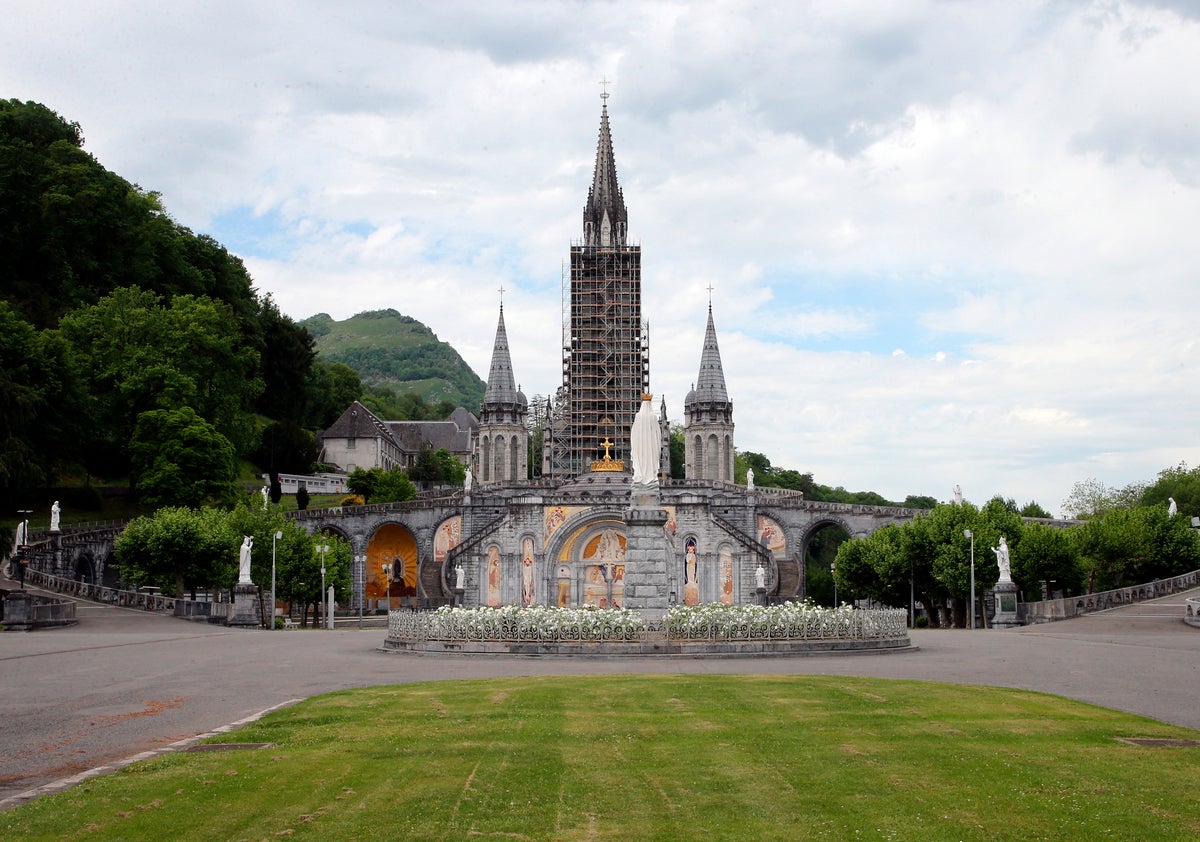
"I came back to life.”
Like other victims of child abuse by priests, 52-year-old Stéphane said getting an official recognition from France’s Catholic Church of what happened is helping him get better, at last.
Stéphane is among 201 victims granted financial or other reparations from the church so far under a process launched last year by an independent French body leading a nationwide effort to address decades of long-hidden, widespread abuse. Hundreds of other people are awaiting review of their cases.
Reparations also may include non-financial support. Requests have included help for victims to write down their stories, organizing meetings with local church representatives, or installing a plaque in memory of victims. The head of the Independent National Authority for Recognition and Reparation, or INIRR, is also supporting a demand to change the name of a plaza named after an archbishop who actively covered up sexual abuse.
Stéphane said he was raped by a priest when he was 13. Three years later, he tried to denounce his abuser but the church “closed the door” and his mother did not believe him, he said.
For years, he remained silent, with a major trauma that affected his whole life. “I felt dead,” he said.
Stéphane — the Associated Press does not usually fully identify victims of sexual abuse — started speaking again in 2019, when he was able to meet with an archbishop who quickly acknowledged the abuse. And last year he reached out to the INIRR, which for the first time allowed him to “feel welcomed, heard and recognized” as a victim. He described the process as “a liberation.”
France’s Catholic bishops’ conference agreed to provide reparations after a 2021 report estimated some 330,000 children were sexually abused over 70 years by priests or other church-related figures in France. The estimates were based on broader research by France’s National Institute of Health and Medical Research into sexual abuse of children.
The report described a “systemic” coverup by church officials and urged the French Catholic Church to respect the rule of law in France.
Laure de Balincourt works with the INIRR as a “referent person,” listening to the stories of victims and advising them. The referent is also in charge of contacting the archbishop in the region where the sexual abuses were committed to help confirm the testimonies.
Balincourt explained how, for instance, she accompanied a male victim who wanted to read a letter in front of the grave of his abuser, in the presence of his family and the local archbishop.
“I saw in his physical appearance that the shame was leaving him, and went back into the grave,” she recalled with emotion.
More than 1,180 victims of priests or other church representatives have come forward to claim compensation since the body was established, said Marie Derain de Vaucresson, head of the INIRR. She said 32% were women and 68% men. Among them, 404 are now receiving support from the INIRR, while most are waiting for their cases to be examined.
The majority of those who reached out to the INIRR reported “very serious” crimes, she stressed, adding that 60% of those who received financial compensation had been raped once or several times. In 58% of the cases, the abuses continued for more than a year. They happened at schools, at the abuser’s home, at catechism class, in youth organizations and other situations, the INIRR said in a report.
Derain de Vaucresson said 80% of the sums granted so far are above 20,000 euros ($21,128), including 40 people who received the maximum amount, set at 60,000 euros ($63,386). Once the INIRR approves the financial compensation, each case is sent to a special fund financed by the church for payment.
Many of those reporting abuse to the INIRR felt unable to speak about it for decades, until now.
Florence, 74, said she had suffered sexual abuse by a priest when she was 12 to 17, but for almost 60 years kept it to herself. The priest, a close friend of her parents, came into her bedroom at night when he was invited to her family home, she recalled.
She contacted the INIRR last year. The process helped her “emerge from chaos,” she said. Before, she described, “you are in a dark fog, you don’t really understand what happened.”
Florence received financial compensation, but also support to get family mediation in efforts to rebuild bonds with her daughters that she said have been strongly impacted by what she lived through.


.png?w=600)




